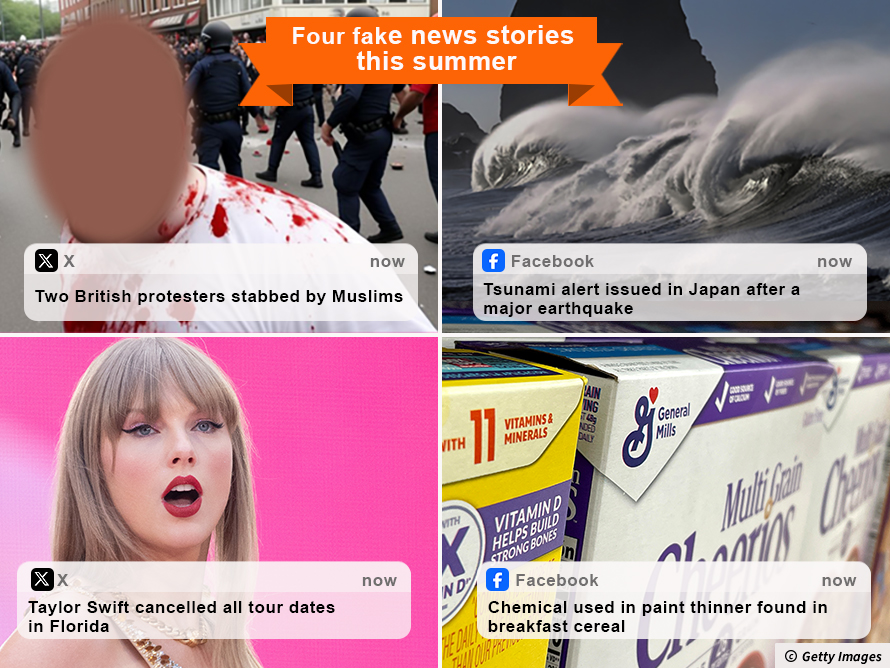Has critical thinking become life’s key skill? Last week’s riots have some asking how to stop misinformation. Some think we should treat it like a disease and vaccinate against it.
War on ‘putrid conspiracy theories’
 Anger: Sadiq Khan, one of the UK’s most senior Muslim politicians, spoke out after Elon Musk shared a fake story claiming the UK was to send far-right rioters to emergency detainment camps in the Falklands.
Anger: Sadiq Khan, one of the UK’s most senior Muslim politicians, spoke out after Elon Musk shared a fake story claiming the UK was to send far-right rioters to emergency detainment camps in the Falklands. Glossary
Far-right - A range of ideologies that emphasise social order, racial purity and the elimination of opponents.
Asylum seekers - People who have left their countries due to danger and are seeking refuge elsewhere.
Elon Musk - A South African-born entrepreneur whose companies have included the online payment service PayPal. He now controls Twitter, renamed 'X'.
Civil war - A war between people from the same country.
Falkland Islands - A remote South Atlantic archipelago with a population of just over 2,800. It is a British Overseas Territory.
Misinformation - Incorrect or misleading information unintentionally presented as fact. It can be contrasted with disinformation or deliberate lies.
Online safety act - A UK law regulating "harmful" online speech and media, passed in October 2023.
Extremist - People or groups which have extreme ideas, often relating to politics.
Telegram - Today: an encrypted instant messaging app. In the past: a message sent via electric wires and delivered as a printed piece of paper. As every word was expensive, making the message as short as possible became an art. A famous joke telegram sent from Venice read, "STREETS FULL OF WATER PLEASE ADVISE".
Inoculate - Immunise or protect against disease.
Holistic - In medicine, it is a rounded approach to healing that considers mental, social, and physical factors as interconnected.
